Media | Articles
6 power tools you shouldn’t be wrenching without
At their very core, our cars are power tools. Keeping them properly maintained doesn’t absolutely require other power tools, but they sure do make life easier. Early man might have gotten by just fine using rocks to wrench on his Neolithicmobile, but rocks haven’t helped me with a garage project in decades. So let’s talk about handheld power tools.
Whether plugged into a wall outlet or juiced by batteries, power tools can make life a lot easier for many DIY projects. These six tools are must-haves for making the most of your time and getting jobs done more efficiently than ever.
Impact
Yes, manual impact drivers exist and very much have their place in the garage, but more often than not they lack the ease of use of an electric impact, as well as their broad scope: Half-inch models have the hammer weight to break free really stuck or otherwise medium- to high-torque fasteners. Think wheel lugnuts or big hardware. The next size down is three-eighths, followed by a quarter-inch impact driver, which is fairly weak compared to its bigger brothers but perfect for stubborn Phillips-head fasteners or other bolts that need a lot of pressure to ensure the bit doesn’t slip and strip the head.
Drill
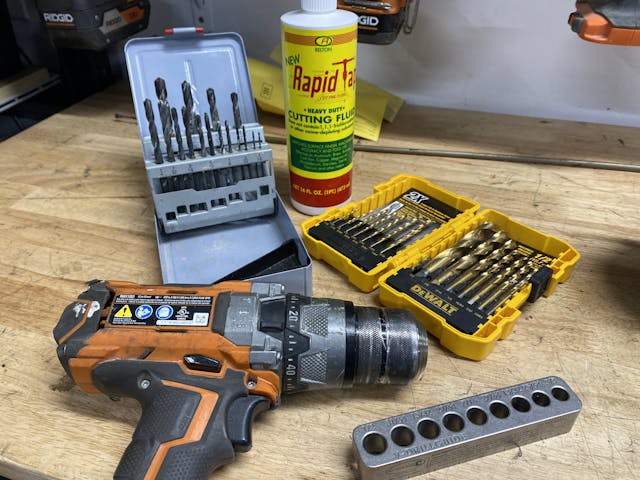
Whether dealing with broken hardware or doing light fabrication, the ability to spin things accurately is important. Nothing does that better than a drill. Pair it with a nice set of twist bits, and you are fit to be dangerous. A drill’s ability to make good use of small wire wheels and other cleaning attachments also makes it a great middle ground between having a bench grinder and doing things manually with a wire brush. Even a small polishing pad can take the labor out of refinishing wheels or detailing paint.
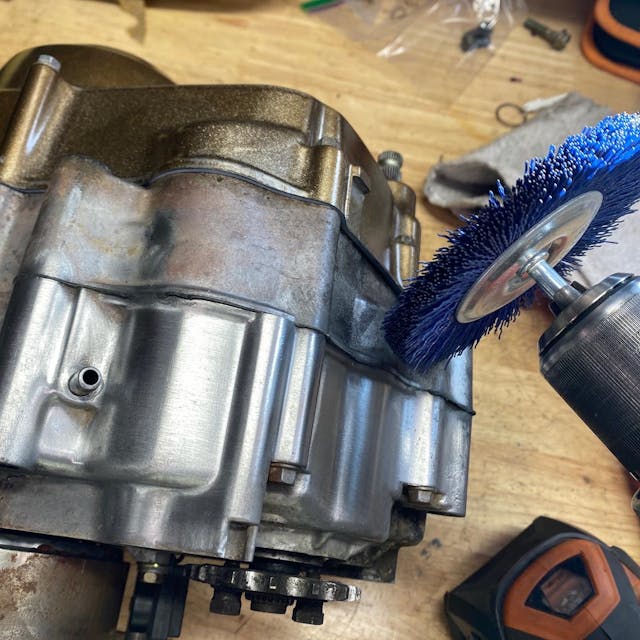
Soldering iron
Like unclogging a shower drain, electrical work often falls into the category of uniformly despised jobs. But having the proper tools can turn any such work from nightmare to … tolerable, at least. A good soldering iron will make for strong and reliable connections that won’t pull apart, and you don’t risk accidentally cutting any wires with a crimp connector. Is it the only way to join wires? Not at all, but it might be the best. A soldering iron can also come in handy when you need to put heat into a stuck bolt in a delicate place.
Marketplace
Buy and sell classics with confidence
Multimeter
On the topic of electrical problems and solutions, the multimeter is a tool that should arguably come before the soldering iron above. Finding and diagnosing is just as important as proper repair, and diagnosing electrical components without a multimeter is really just waiting for the lightbulb above your head to light up and tell you what’s wrong. Not the best method for doing things.
A multimeter gives you real information, whereas a test light merely gives a yes or no. If you need a refresher on what a multimeter can do, or you just need a boost of confidence to handle that electrical gremlin, check out our rundown of how to use a multimeter to be prepared for the next problem that gets you all amped up.
Digital calipers
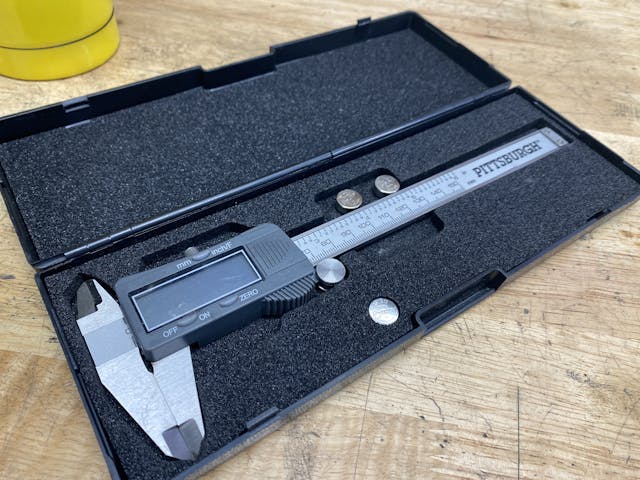
It used to be that you needed to go to a machinist or a tool-and-die shop to see anyone handling precision measurement instruments like digital calipers. Not anymore. As the technology became more readily available, prices dropped accordingly. Now, your home shop can have a set of calipers for less than $20. Are they infallibly accurate? No, but with any measurement tool, half the accuracy is in the operator. Good digital calipers are perfect for zeroing in on the precise size of something where precise sizing is critical, and for checking the work of outside shops when the work comes back home.
Heat gun
Heat is a superpower for garage dwellers like us. From upholstery work to helping keep rubber seals pliable, a heat gun can put perfectly measured amounts of heat into a part. We even tested one recently to see if it could substitute for an open-flame torch, and the results were surprising. Once you have one in your toolbox, you’ll find more uses for a heat gun than you ever thought possible.
***
Check out the Hagerty Media homepage so you don’t miss a single story, or better yet, bookmark it. To get our best stories delivered right to your inbox, subscribe to our newsletters.

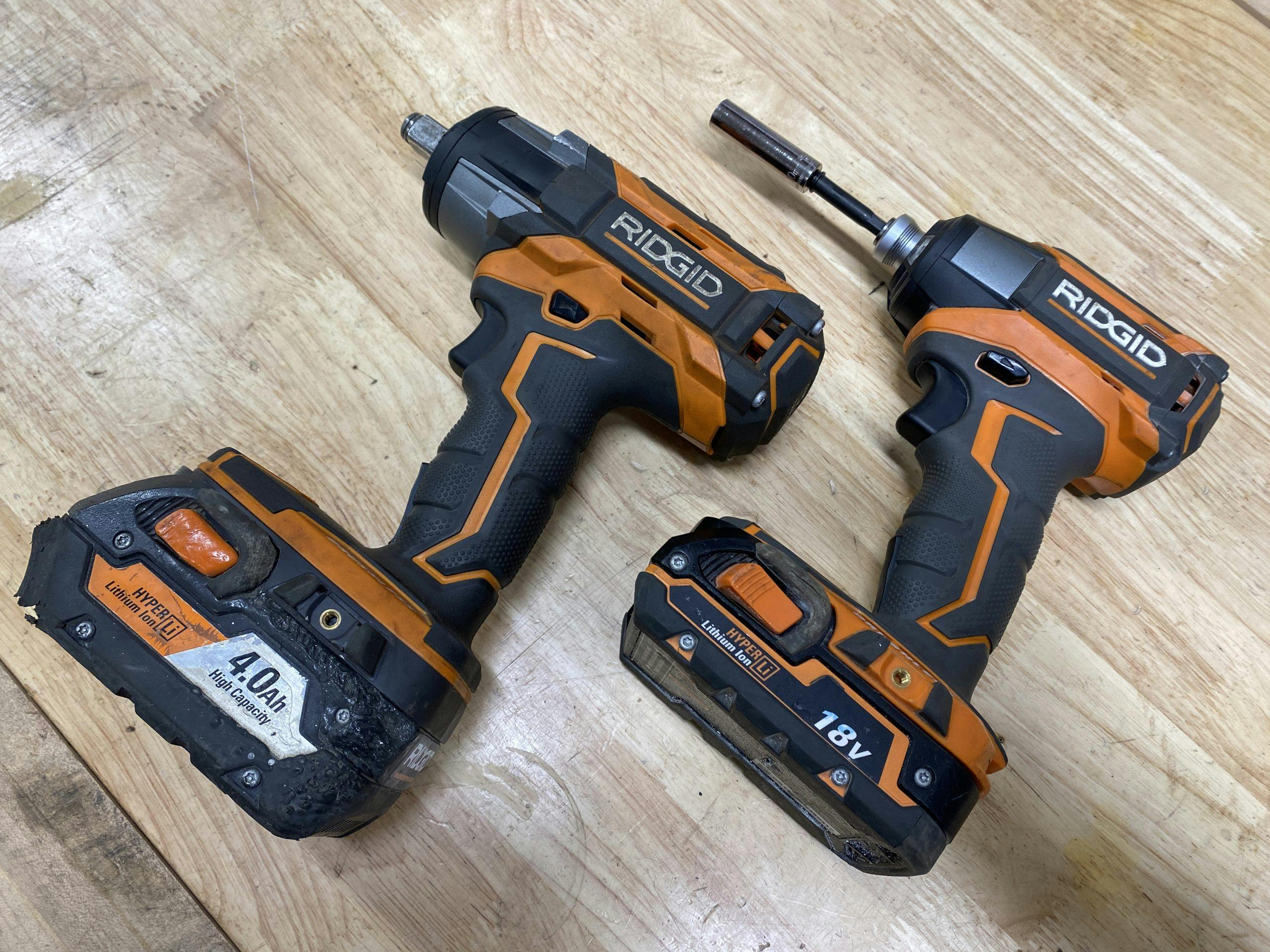
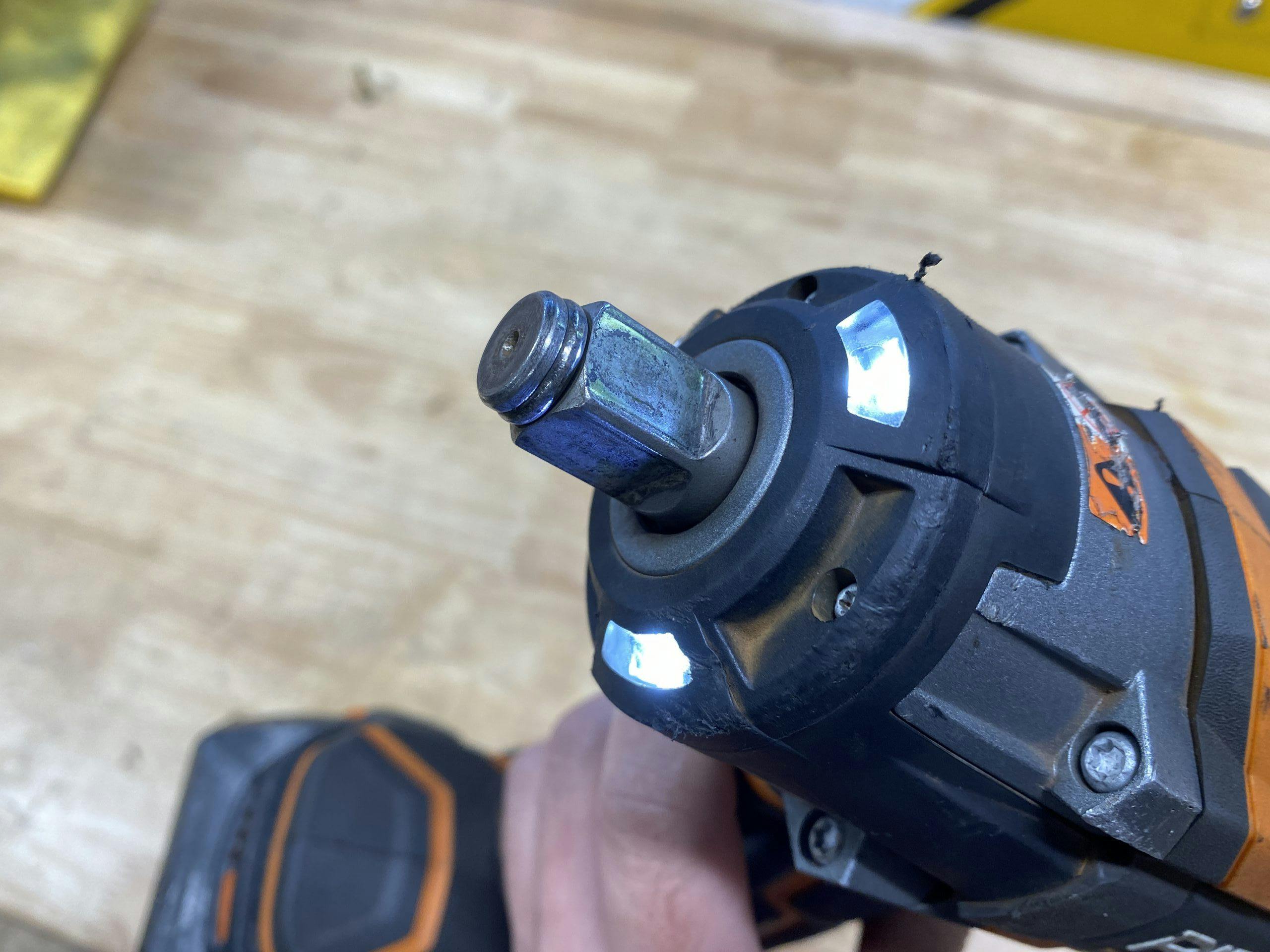
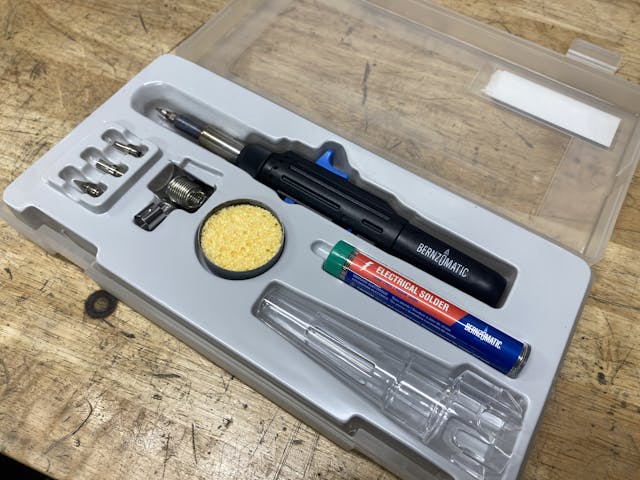





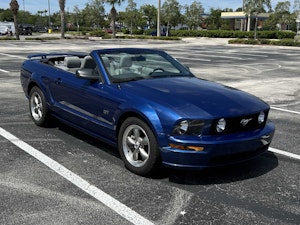
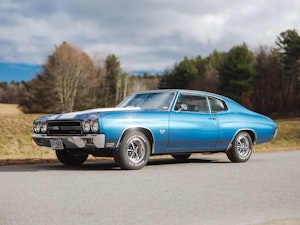


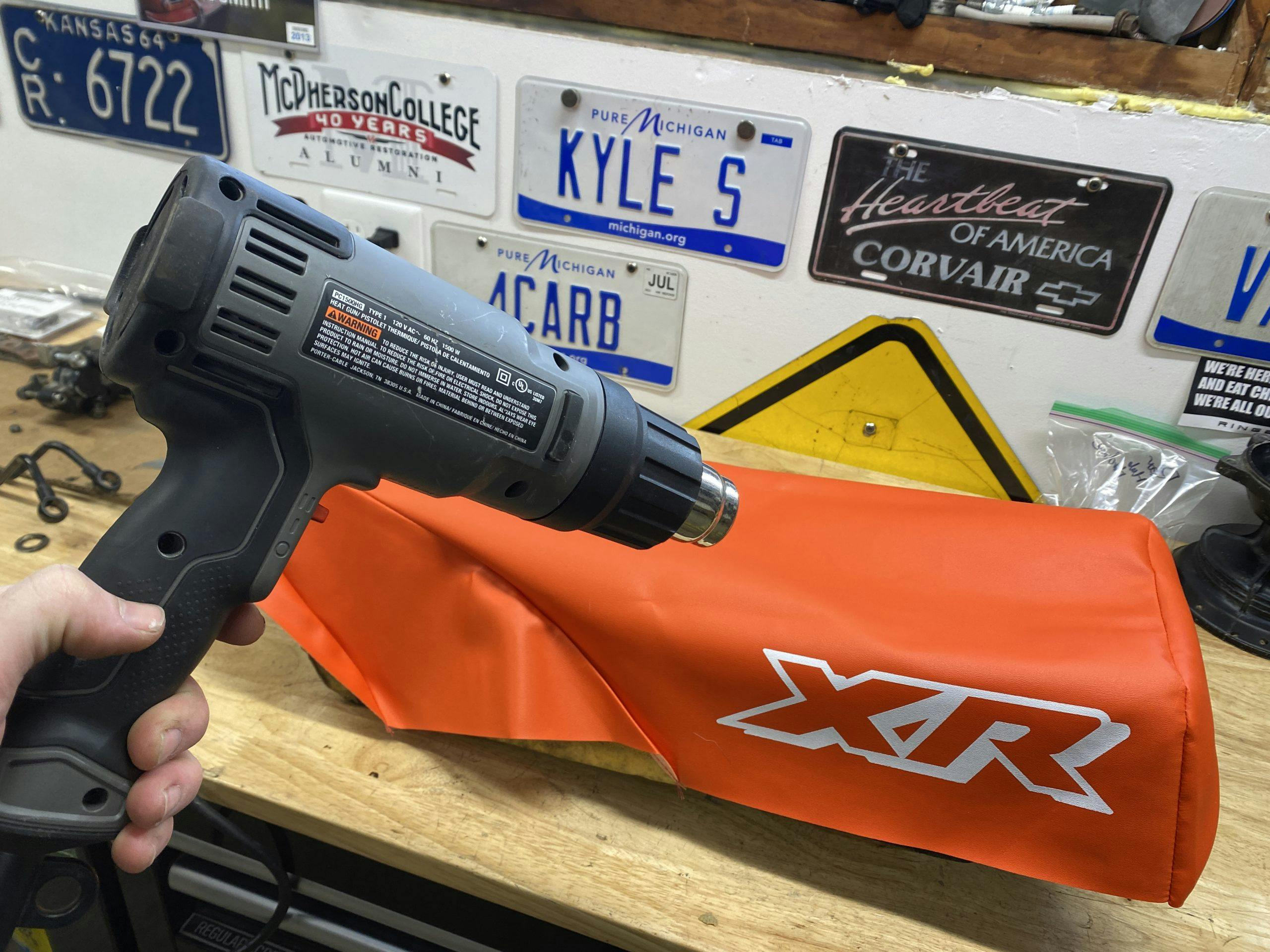
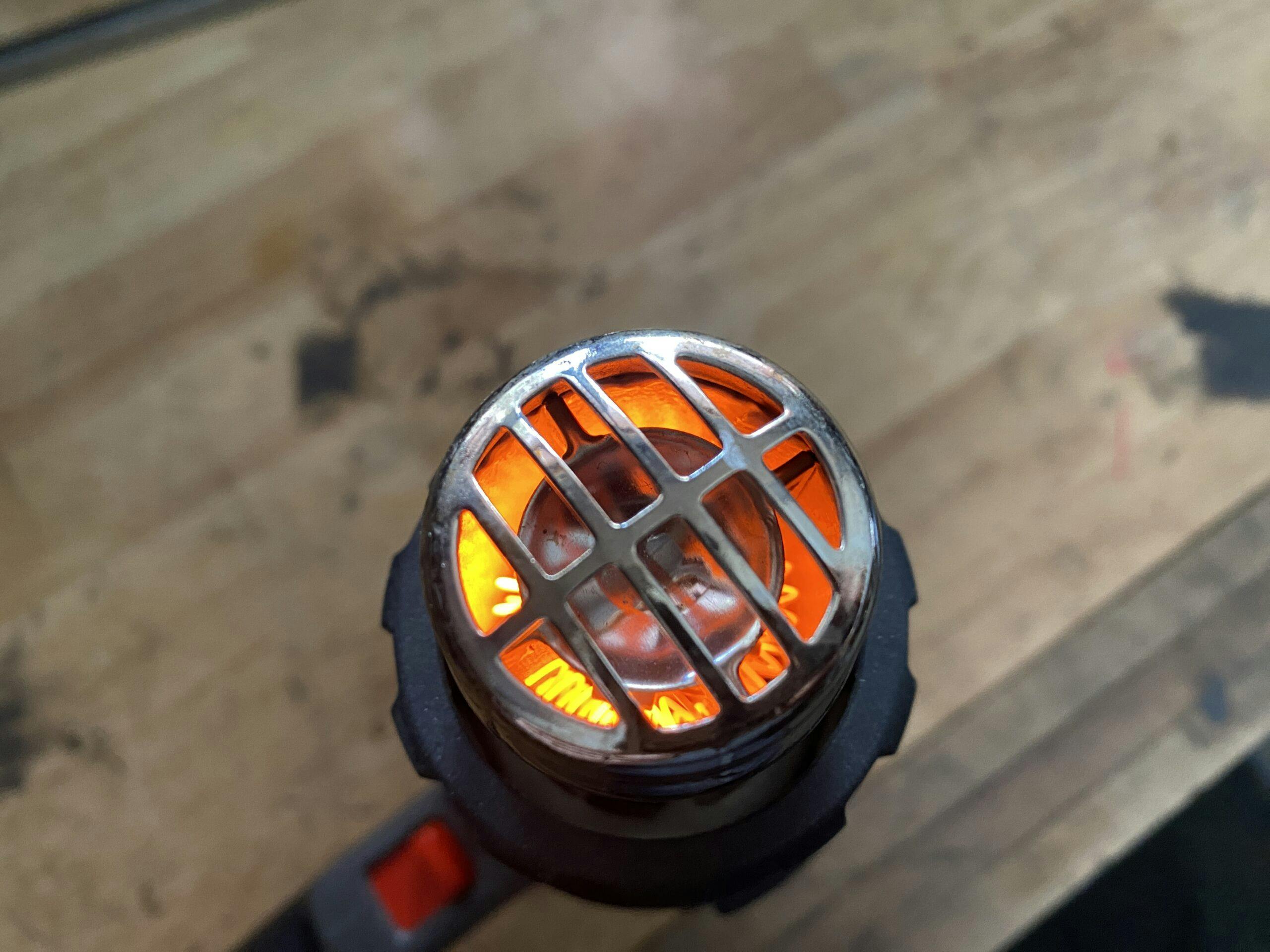
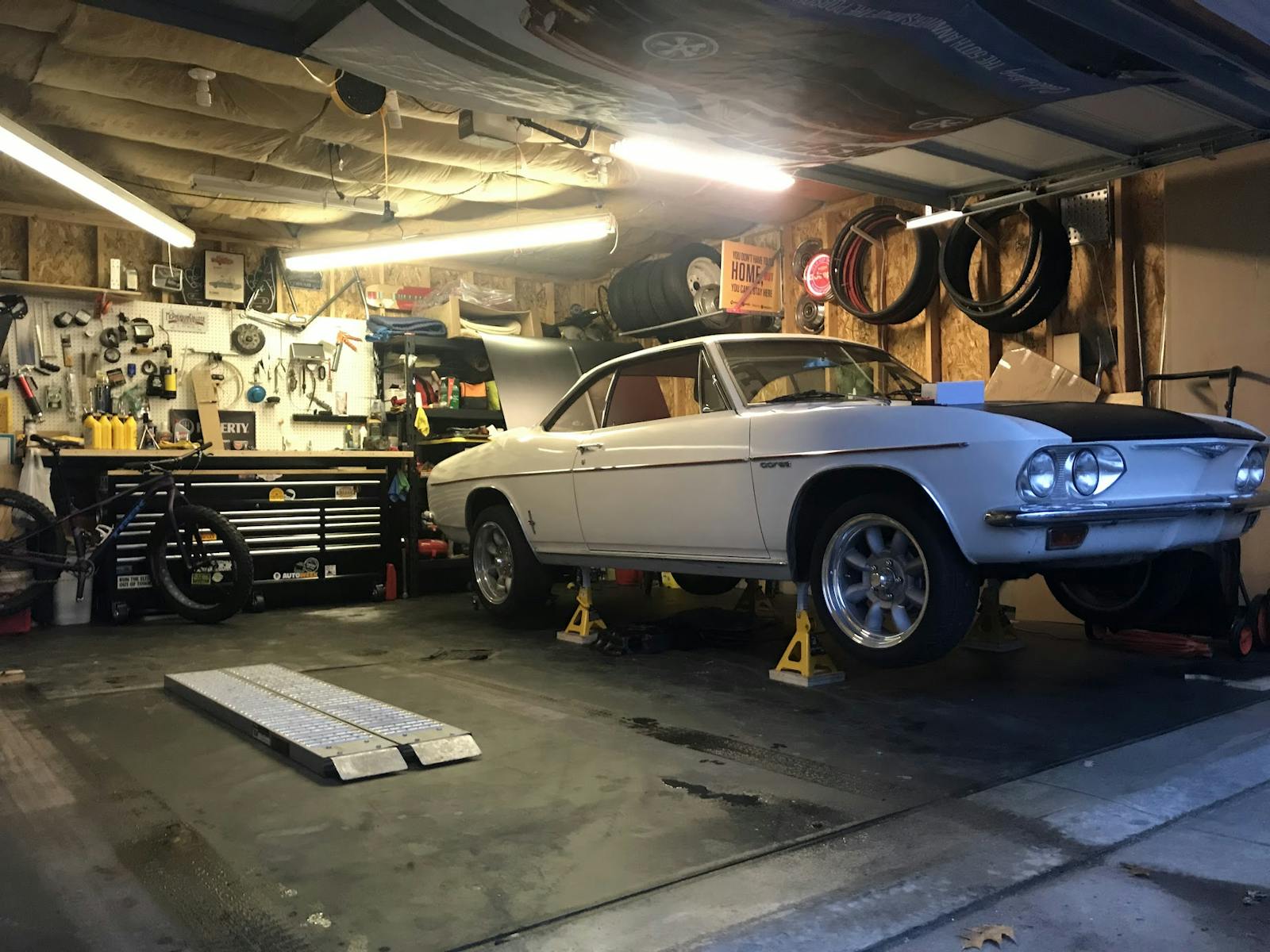

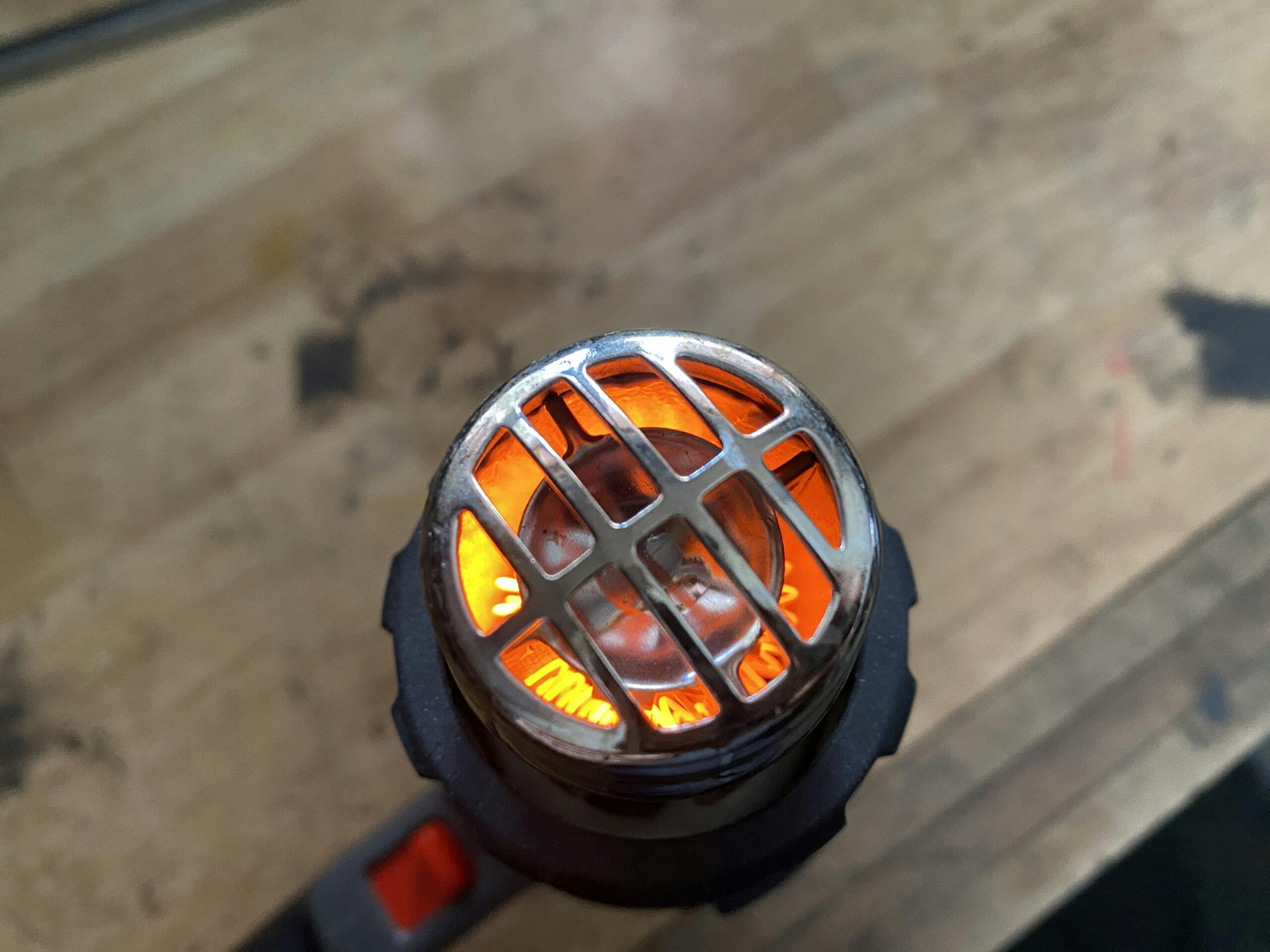
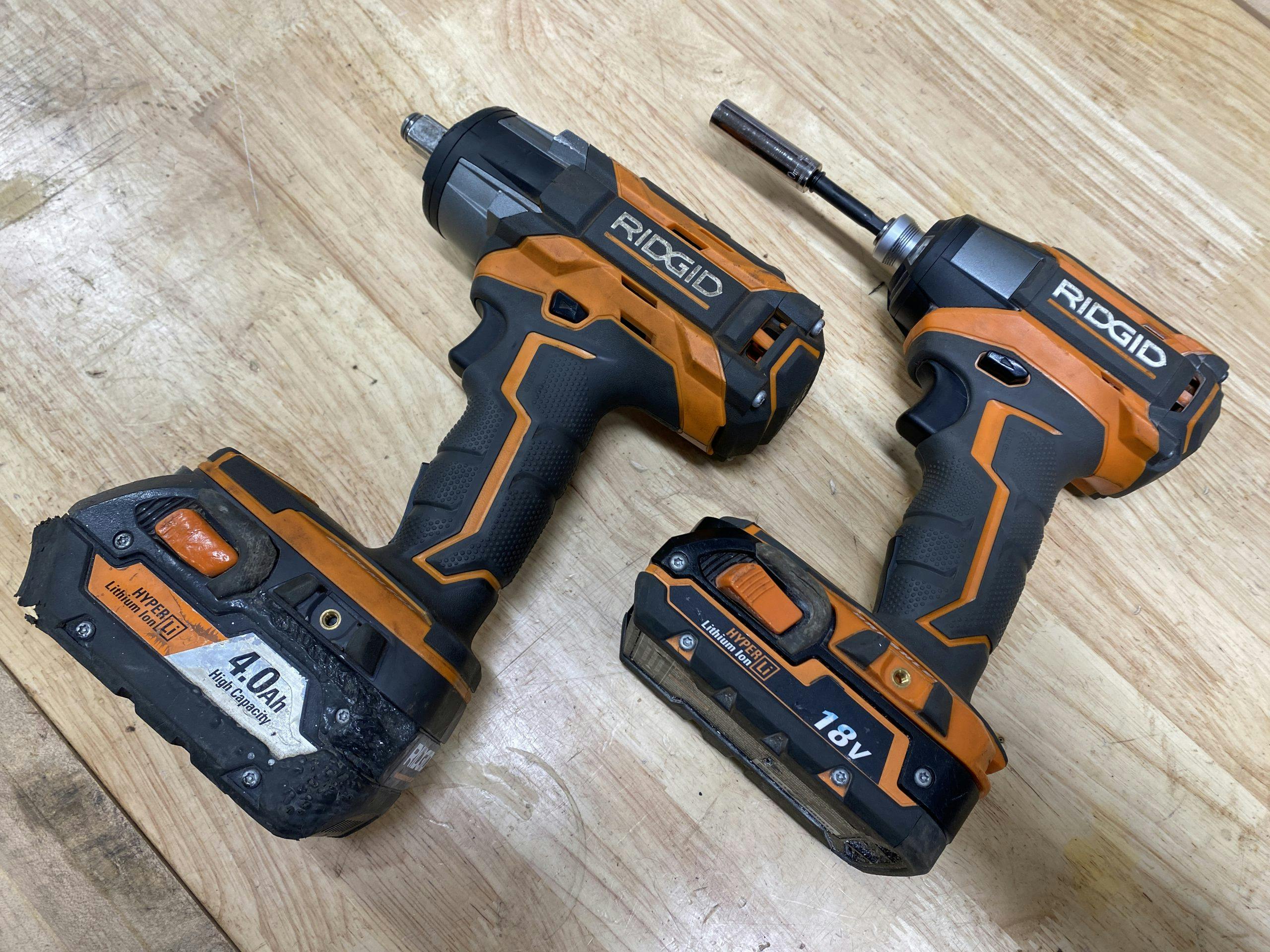






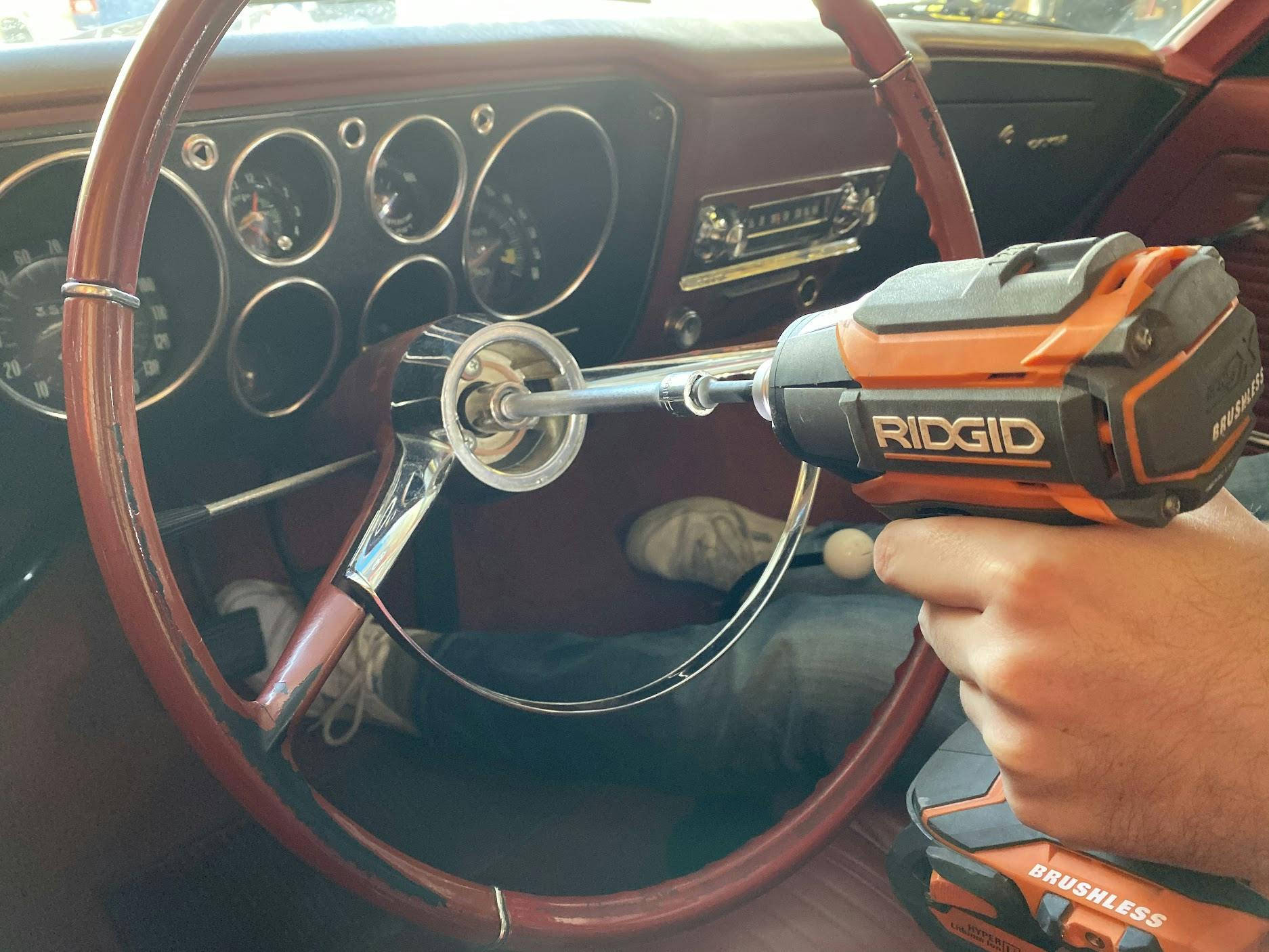
Funny I have the exact same multi meter. Be careful, mine lost it’s calibration. It reads 11.8 V on a 12.5 V actual.
try replacing the internal battery, it will help
I have them all and then some. Impact is the least used. There is a use for it but extremely limited. And wheels isn’t one of them.
Solder gun has saved me time and headaches. Shrink tubing also to seal it up.
I got an impact wrench when I planned to do brake pads and rotors on all four wheels. Wow, the first time you use one on lug nuts and realize you can remove a wheel in mere seconds like a pro shop, that’s a game changer. I’ve got a second set of wheels and tires for one vehicle (less-expensive daily drivers and a specialized set), and I can switch between the two in my garage when I need to. I bring the impact driver with me when going off-road in case I need to change a tire. I could easily beat Old Man Parker as fastest tire change in the West. 😁
I got a DeWalt impact driver after having previously purchased a DeWalt cordless drill to upgrade on old drill that lacked the torque I needed. I stayed in-family so that batteries could be used interchangeably and also because DeWalt makes an excellent product.
Using a wire wheel on your drill is a good way to wreck the bearing at the nose of the drill. I never use a good drill for that. I use a yard sale POS drill that does the job
Yup. I found that out a loooong time ago. Good thing it was a cheap drill.
Some general observations, the hand impact driver is a specialist tool for removing screws while a battery powered one is a general use tool, I have both plus a powered ratchet. A tool you missed is the cordless reciprocating saw which is a staple tool for stereo installers and fabrication. A right angle drill or adapter is also a key tool for working in tight spots. I’d also add a vacuum for both keeping your car clean and clearing debris while working
Good Article. I have all of these tools and use the impact drivers the most. Hand ratchets are still my go to tool for lighter work but you can’t beat a cordless 1/2” impact driver for changing winter/summer tires over. No more air hoses to drag around the garage either. Every tool has its use and only as good as the person using it. Impact drivers are much appreciated by my 70 year old arthritic hands.
Off with the impact, on worth the ratchet and torque wrench.
Dremel cut-off wheels, and a new one for me is a small reciprocating saw. One-handed and shorter stroke is great. I agree with the dial calipers for home, digitals are like flashlights- where to find dead batteries. However, the better brands last for years on batteries compared to the bargain ones. I use one daily at work and never turn it off. Impact tools help where you can’t counteract the torque without damage, like an alternator pulley nut. It whips it off without bending the blades. The speed is nice, but not essential like the alternator case.
you left out the BF hammer, got to have one for those stubborn parts that just need a little finessing!
Air impact guns aren’t obsoleted by cordless. Even a 3/8” drive air impact will put any 1/2” cordless impact to shame. The air motor design is the key to getting that sharp percussive action that an electric motor just can’t duplicate. This is vital when working on older vehicles with rusted bolts. I use Ingersoll-Rand 1/2” and 3/8” titanium air impact guns and a 2 cylinder 26 gallon oil lubed CH compressor. I love my battery impact drivers for lighter work, but there’s no substitute for air.
It is an invitation not to read your article when your opening photo is a picture of Rigid tools, which at best give some quick use to amatuers. They are cheap home depot tools for those not willing to acquire real tools.
I work for a professional cabinet maker and the Rigid battery tools hold up well.
Why would they need top grade pro tools when they only use them occasionally?
I’m a professional, turned amateur. I still have all of my professional tools from decades ago, as well as some new ones, like the cordless power tools. I no longer buy any quality tools. Mostly cheapest stuff, since I only take care of my own cars. That said, the cordless impact are DeWalt, since they were on sale. All other new tools are just crap tools, but they work. Sometimes, I only need them to work once.
Power tolls Do make life easier -However– I maintain that Battery powered tolls are just a headache — you go to use them (esp after a long winter) halfway through a job–Dead–Not as powerful as corded tools or as reliable– (having to run out & buy new batteries makes it expensive & problematic as batteries are not universal or available ) —
Well I have 3 of the 6 power tools: Impact, Drill and Multimeter
Some digital calipers read out in fraction as well as decimal. I use them daily. Fractions are very handy, like measuring a drill size, or bolt size. I think much more in fractions.